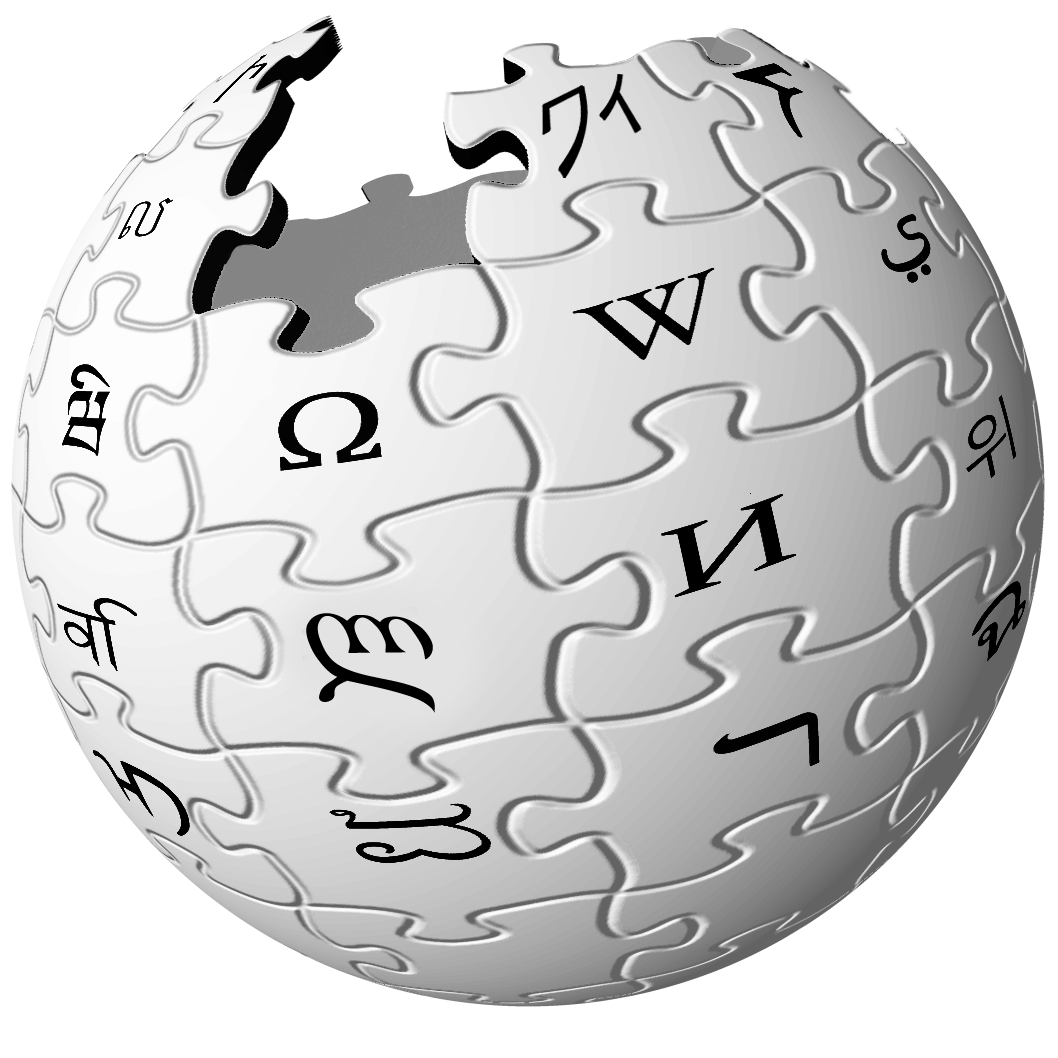As we’ve seen in these last posts, the internet is changing the way we experience knowledge. That in turn, is changing the way we experience religion
When knowledge was a rare commodity, it worked to have a select few, highly qualified experts own and distribute it. Now that we are overrun with more than any one person can contain, we need our experts to do something different. We need them to help us find the knowledge relevant to us at the time we need it, and to help us make sense of it.
No longer do we need a special class of knowledge-holders who are set apart from us. There is so much out there that nobody can actually do that. Once we can get 771 million pages from a single search (previous post), it is no longer possible for any expert, no matter how brilliant, to contain it all.
This changes us. “Growth” can no longer be thought of as the quest for a reliable body of truths. Rather, growth is the capacity to swim (not drown) in the sea of interconnected “truths” washing over us.
 Do a Google search for the word “Christianity.” Even if we limit ourselves to what Wikipedia has to say, we still find 11,000 words. That’s not many more than we might find in The World Book or Encyclopedia Britannica. But what is different, is the hundreds and hundreds of links in the article. Reading about Christianity, we are immediately connected to a vast web of topics ranging from the Roman Empire, to Chalcedon, to The Age of Enlightenment, to Bertrand Russell. Further, the article contains another 6,000 words of footnote, bibliography, and reference links.
Do a Google search for the word “Christianity.” Even if we limit ourselves to what Wikipedia has to say, we still find 11,000 words. That’s not many more than we might find in The World Book or Encyclopedia Britannica. But what is different, is the hundreds and hundreds of links in the article. Reading about Christianity, we are immediately connected to a vast web of topics ranging from the Roman Empire, to Chalcedon, to The Age of Enlightenment, to Bertrand Russell. Further, the article contains another 6,000 words of footnote, bibliography, and reference links.
 Taken together, this is a tsunami of knowledge that defies any one person’s capacity to contain.
Taken together, this is a tsunami of knowledge that defies any one person’s capacity to contain.
This changes us. It changes how we relate to knowledge, how we relate to experts, and what we need from those older and wiser than us.
It certainly changes what we need from priests, bishops, theologians, and religion in general.
Religion can no longer survive as an agreed-upon body of knowledge.
There’s just too much out there. Trying to make it as proprietors and distributors of the one-and-true truth won’t cut it anymore. Sure we can try, but anybody swimming in the sea out there will recognize us for the narrow-minded sectarians we become.
No longer can religious leaders get by as “God experts.” The role of experts can no longer be to simply know the right stuff. Nobody can anyway.
We’ll see in future posts that fruitful religion will have to leave behind our pre-internet role. To be fruitful, we must make the shift to helping one another make meaning out of the overabundance of information, knowledge, and truth that is washing over us.
Next posts.
